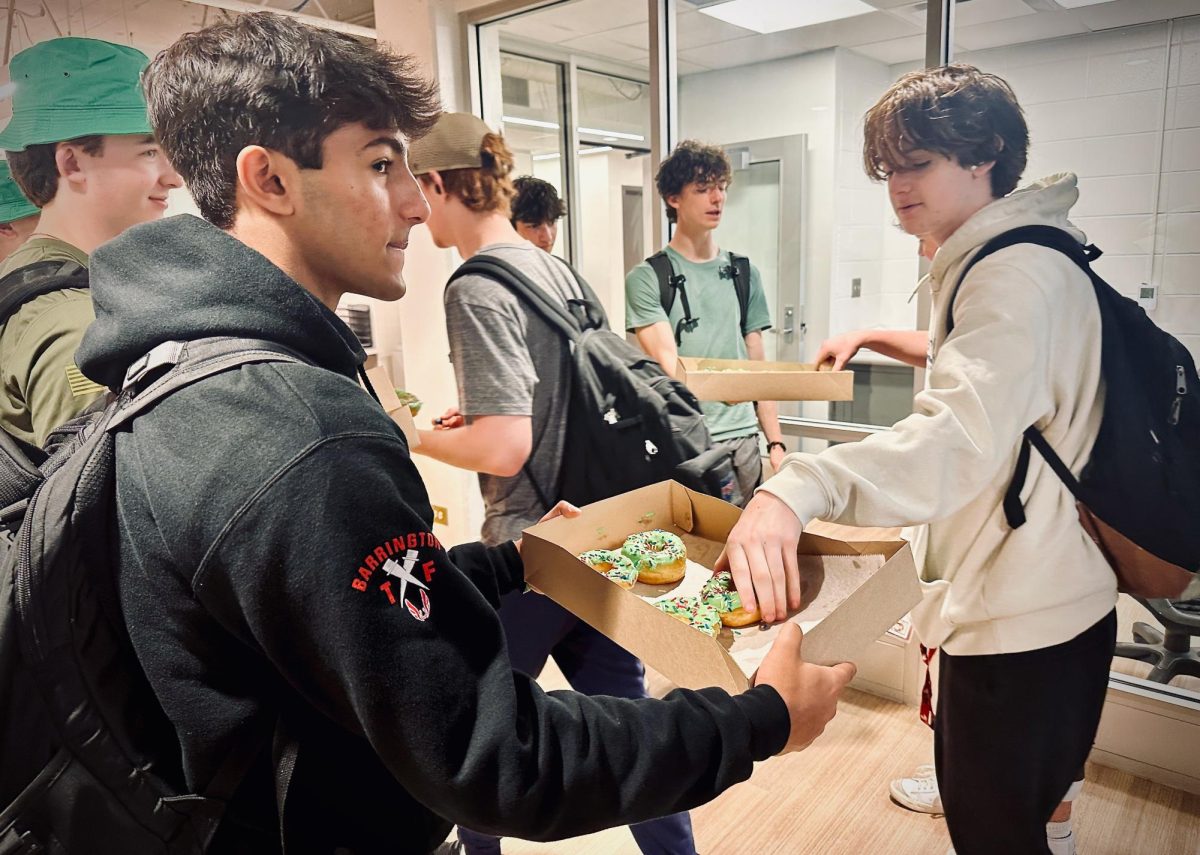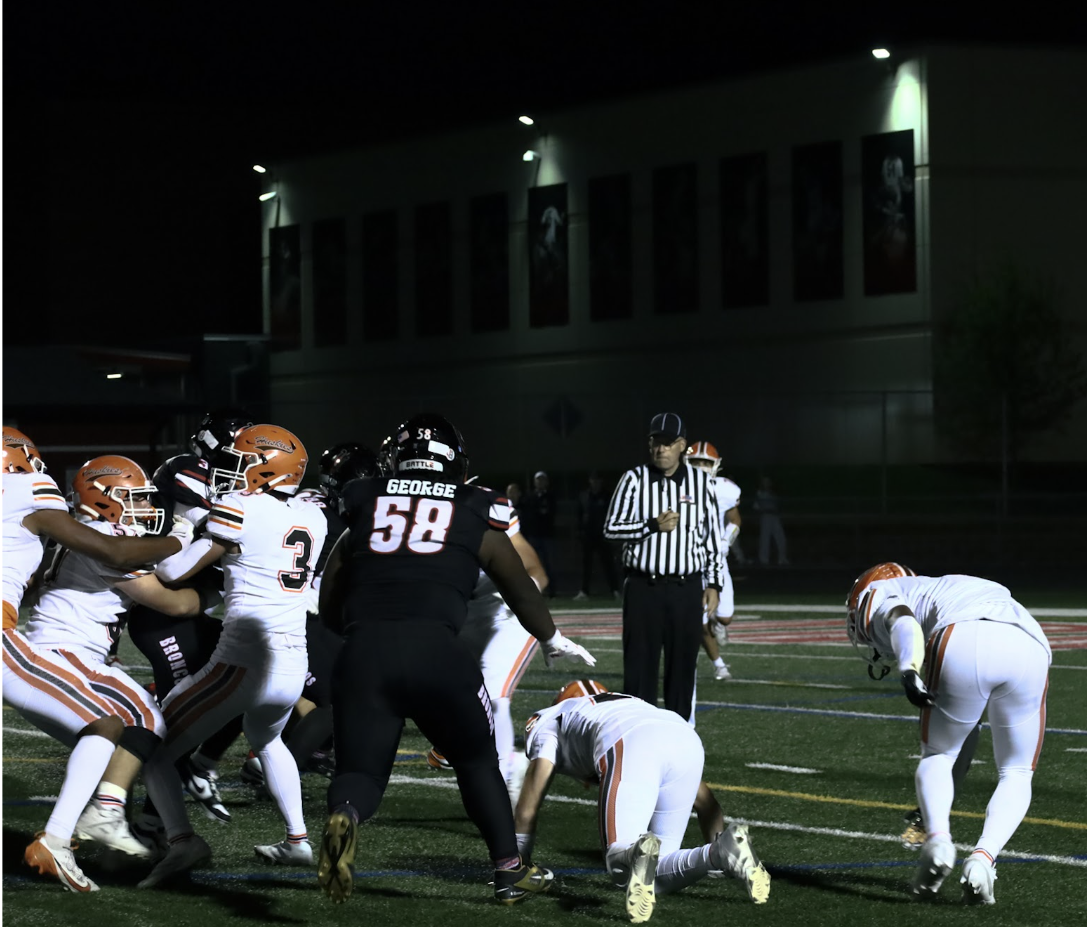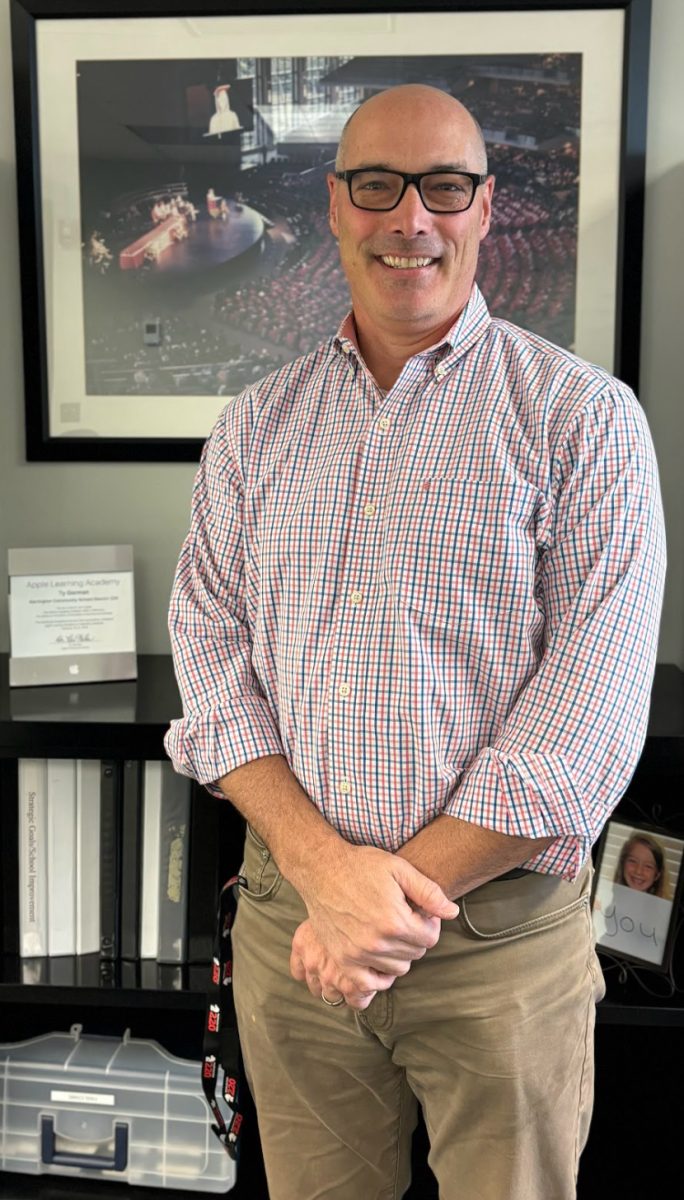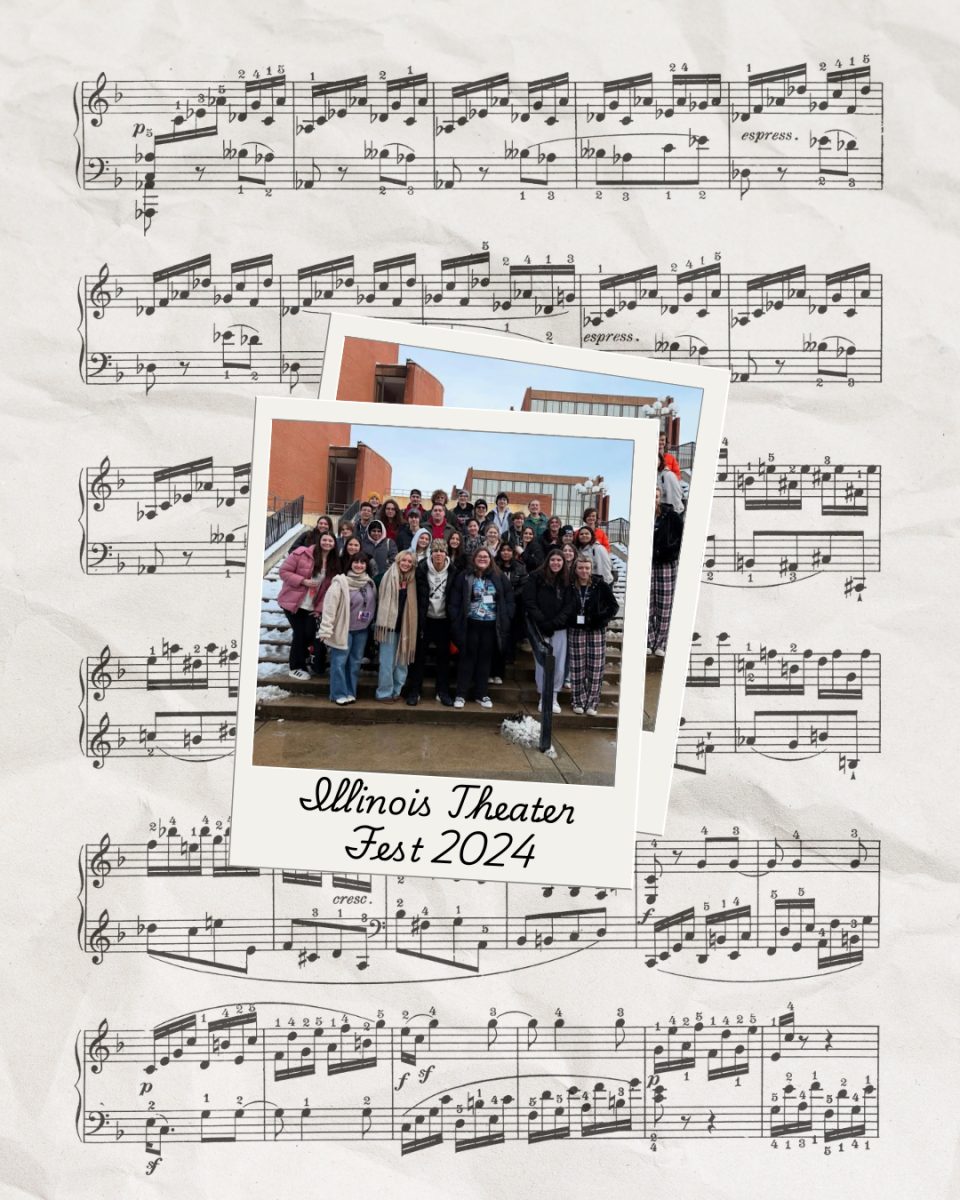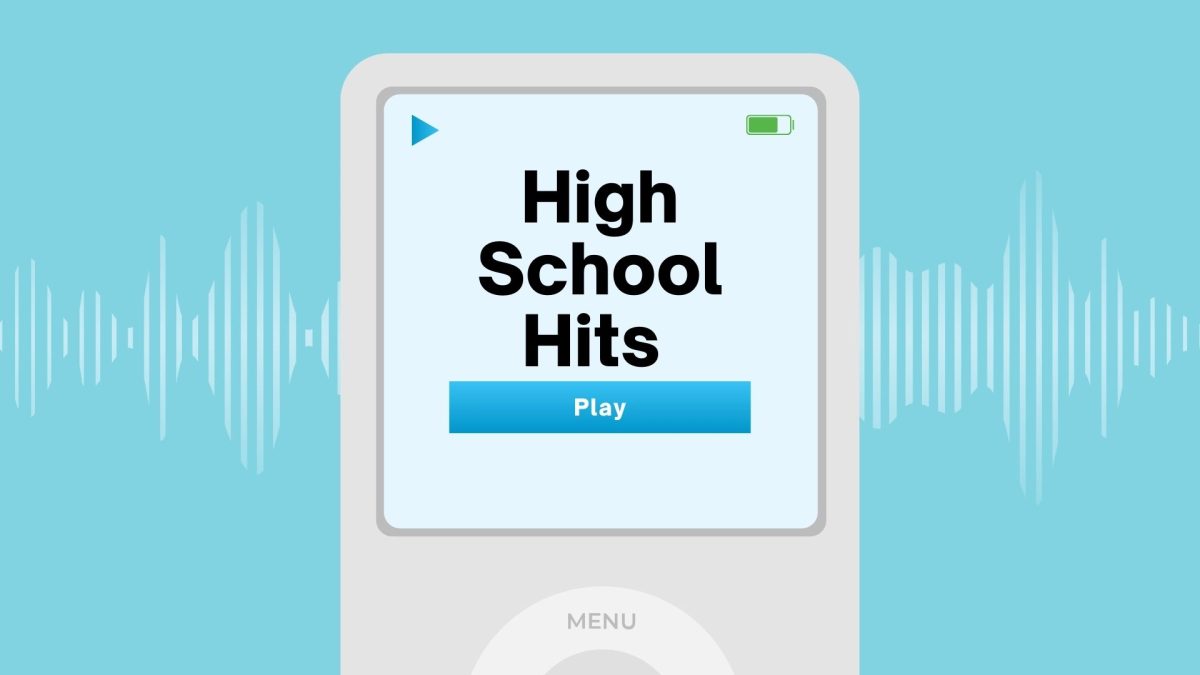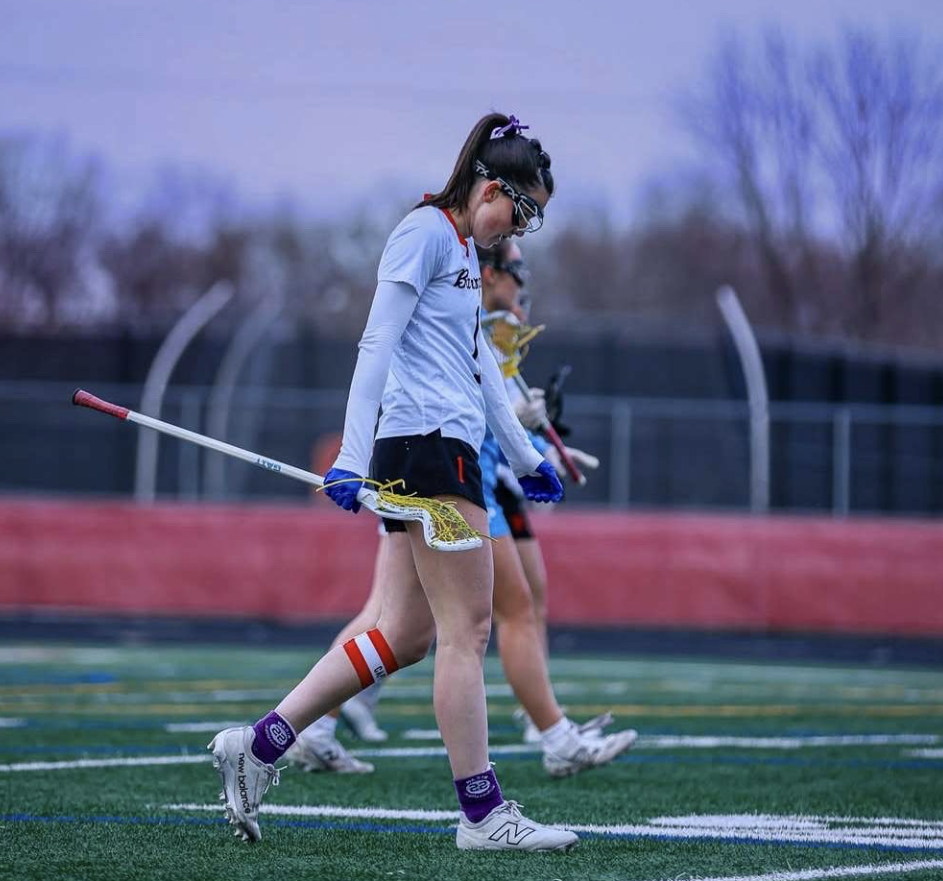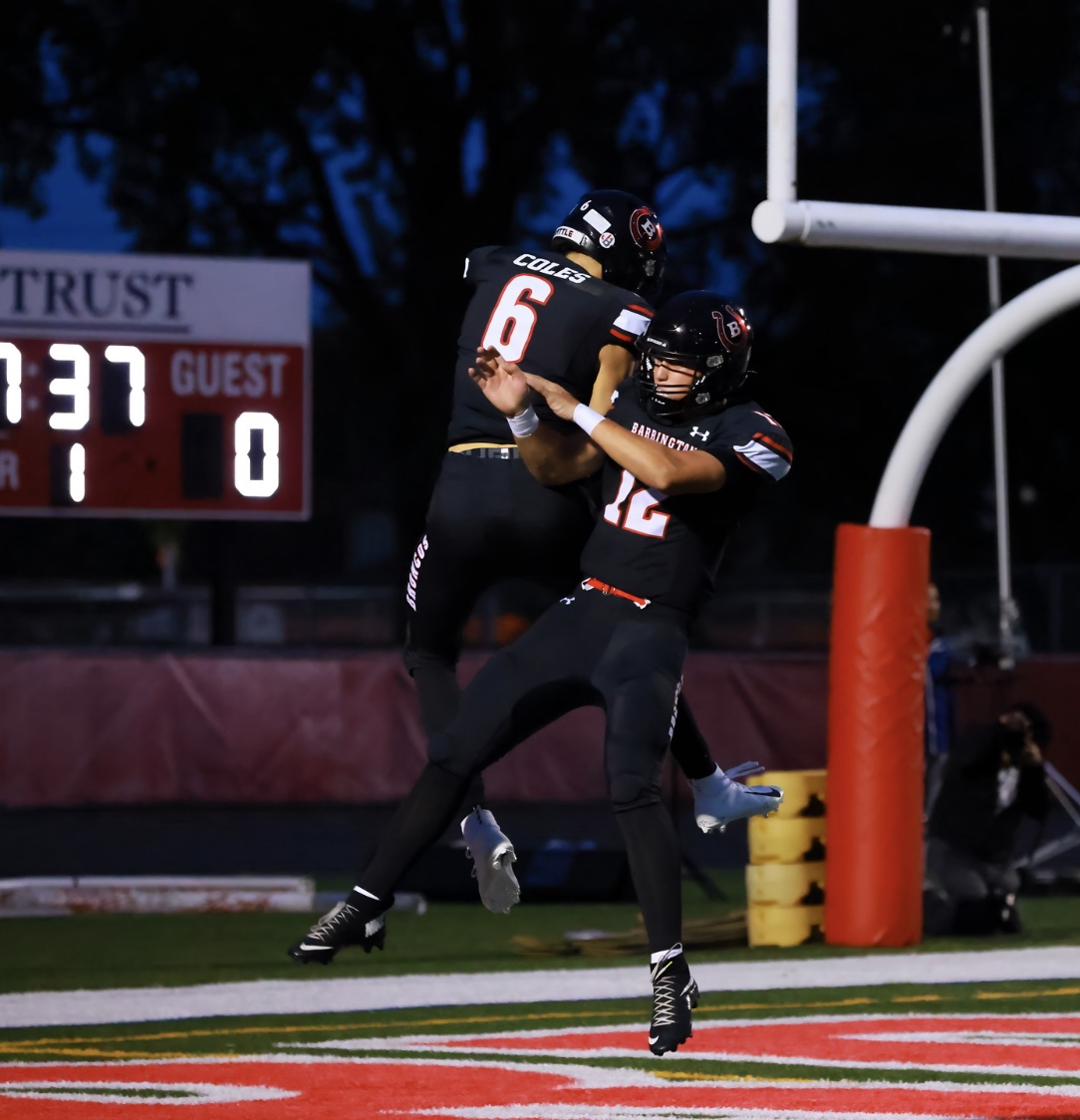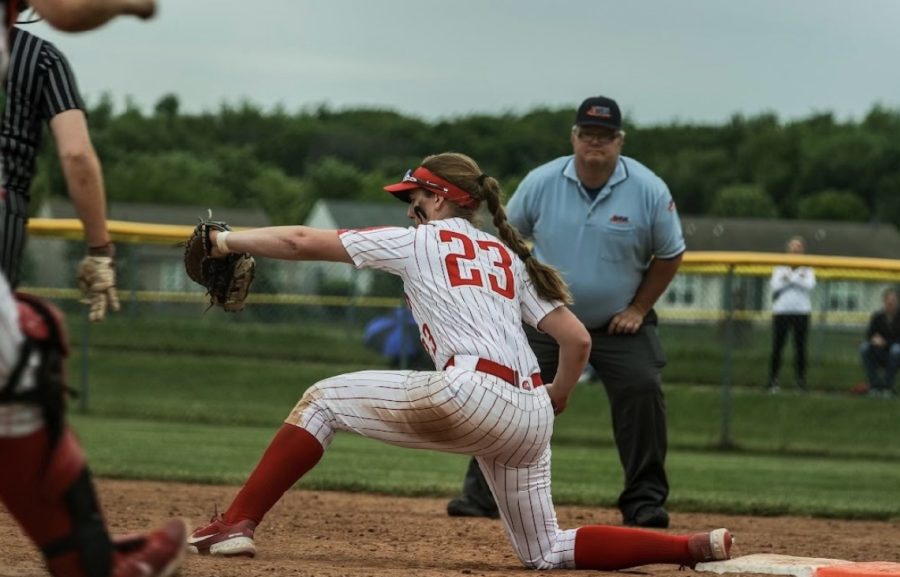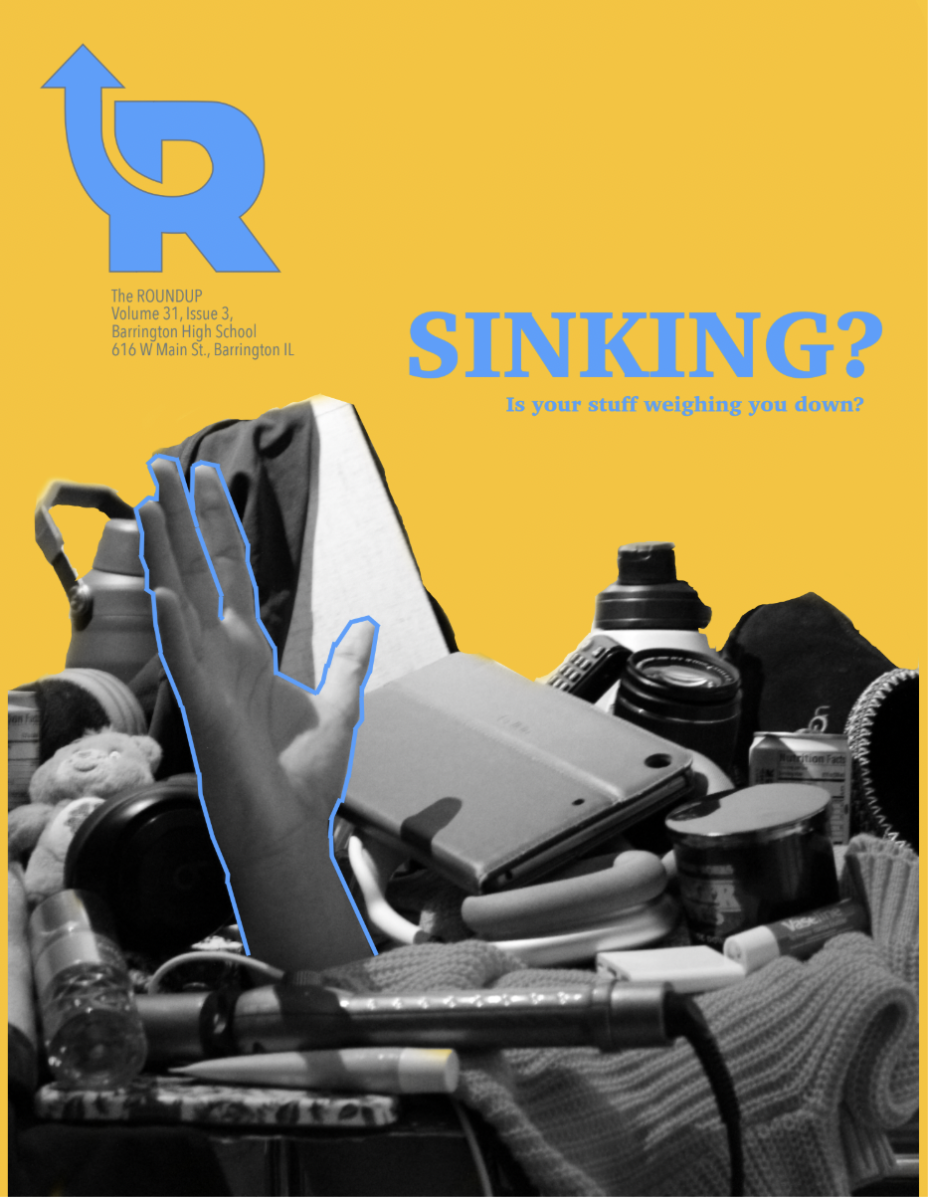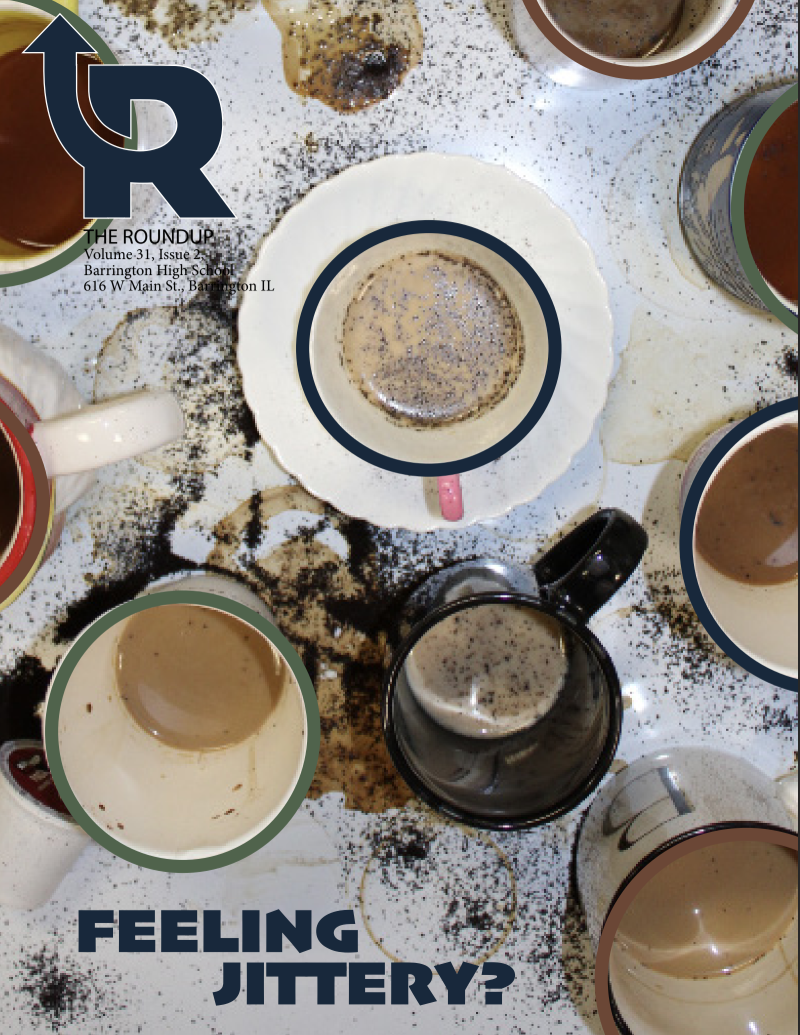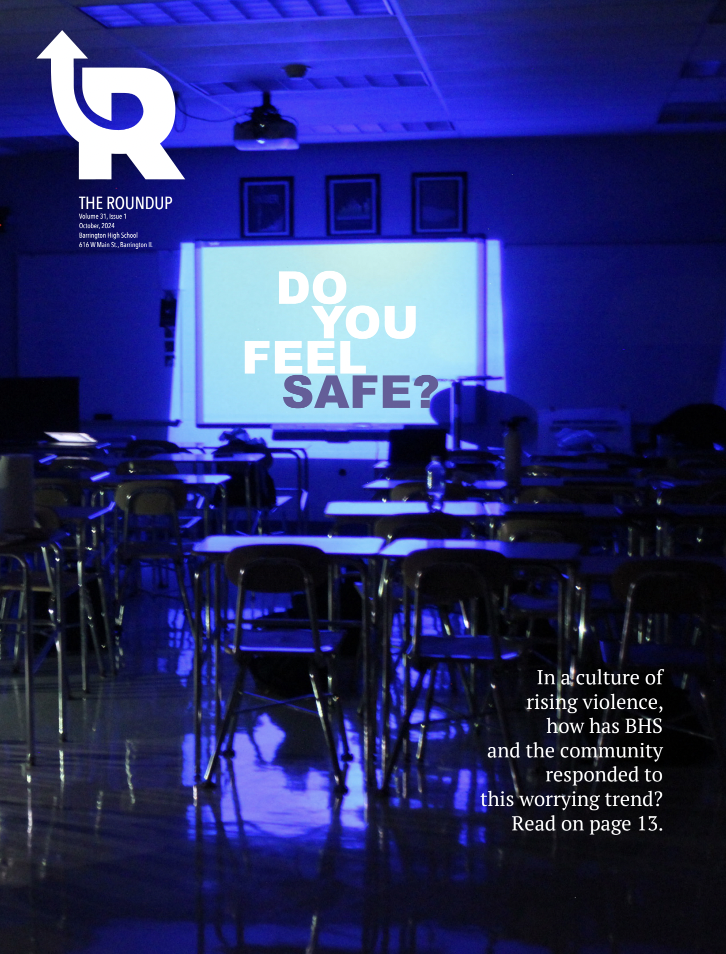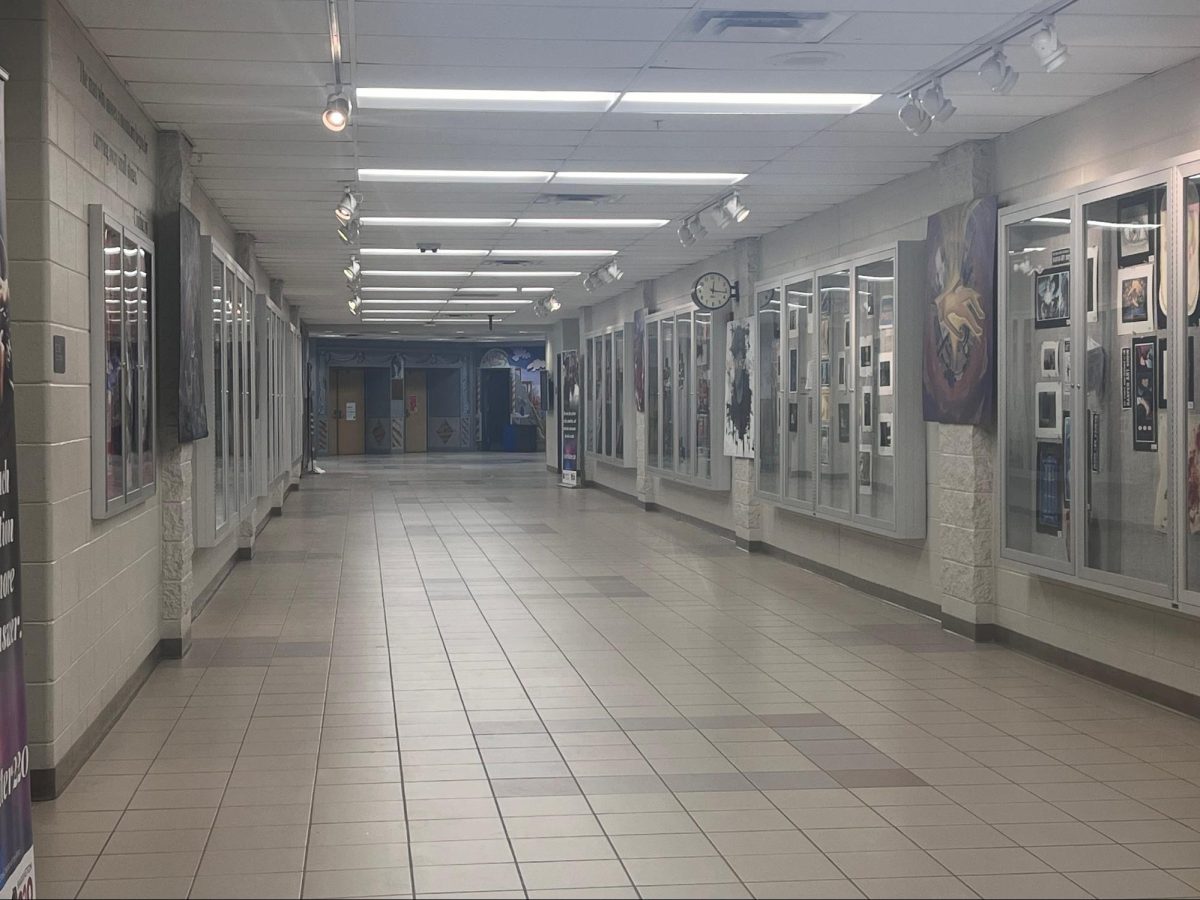With increased regulations on hallway policy, many teachers now see themselves monitoring the hallways throughout the day.
During the eight-period school day, teachers teach during five periods, as well as have a planning period and a lunch. The last remaining period is designated as a “duty assignment” period. Teachers have six options for this duty assignment, one of which is to be a hall monitor during class periods.
“We monitor that kids are where they’re supposed to be and that the hallways are closed,” English teacher Constantina Giannakopoulos said.

Teacher presence is also dependent on the amount of traffic through that hallway.
“It depends on if it’s an essential hall duty or a regular hall duty. [The hallway between the Coffee Bar and the Upper Atrium] is considered an essential hall because there’s a lot of traffic that goes through here every day,” Spanish teacher Mercedes Beltran said. “We have to make sure that students are not going where they’re not supposed to because [this hallway] is closed during class periods.”
For teachers, closing the academic hallways has proven to be beneficial to classes.
“I think it’s really important that kids are where they’re supposed to be and that teachers are able to teach in quieter settings,” Giannakopoulos said. “I don’t think there’s anything about the new policy that isn’t in everyone’s best interest.”
Students have also voiced their thoughts on the changes they’re seeing in the halls.
“I think it’s definitely stricter than it was last year because we were able to walk more freely around the school, but I think it also makes sense [to] prevent people from skipping class,” sophomore Molly Seifert said.
However, students also feel that while they make sense, these new restrictions do have their downsides.
“I think it’s helping a lot with people who skip class, but sometimes even if you go to the bathroom, the hallway monitors get mad at you. I was just going to the bathroom from my class and [the teacher] wasn’t letting me go back,” sophomore Anika Mushyam said.
For students who follow the rules, the policy can get in the way of daily necessities.
“I don’t skip class — I wouldn’t do that. The hall monitors assume every time with the IDs that you’re skipping, and they’re also really interrogative,” sophomore Suha Salim said.




